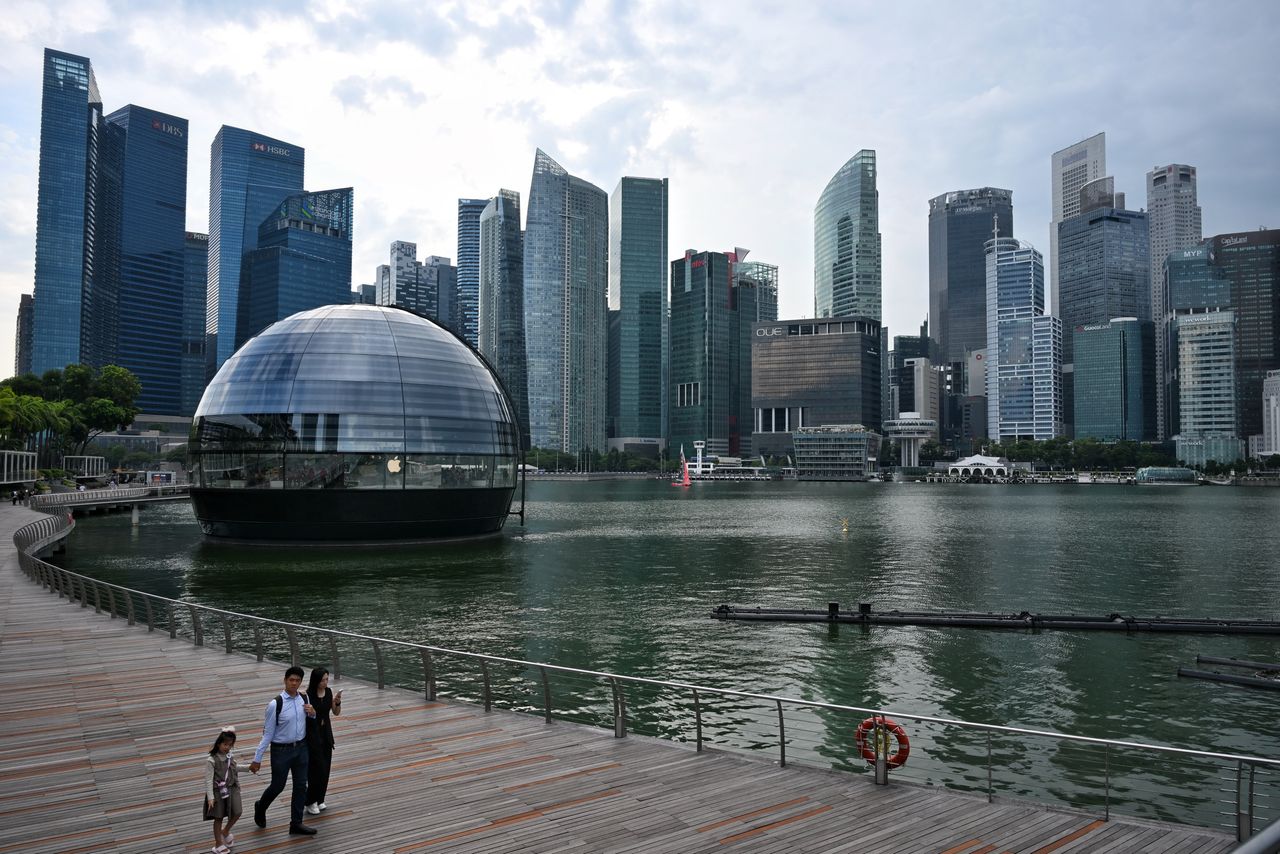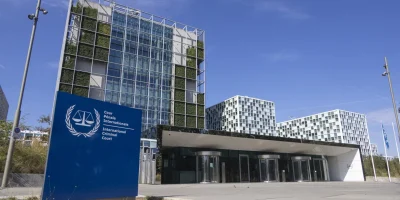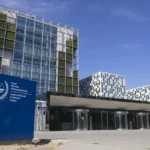SINGAPORE’S central bank eased monetary policy settings on Friday (Jan 24), after having held policy steady for more than two years since the last tightening move in October 2022.
The Monetary Authority of Singapore (MAS) said it will “slightly” reduce the slope of the Singapore dollar nominal effective exchange rate (S$NEER) policy band, with no change to the width of the band or the level at which it is centred.
“This measured adjustment is consistent with a modest and gradual appreciation path of the S$NEER policy band that will ensure medium-term price stability,” MAS said.
The move was in line with market expectations, after Singapore’s core inflation – which excludes accommodation and private transport – came in below the 2 per cent threshold in December for the second straight month.
The central bank lowered its core inflation outlook for 2025, expecting it to average 1 to 2 per cent. This was down from its earlier forecast of 1.5 to 2.5 per cent, given at its October meeting.
“Core inflation has moderated more quickly than expected and will remain below 2 per cent this year, reflecting the return to low and stable underlying price pressures in the economy,” said MAS on Friday.
BT in your inbox

Start and end each day with the latest news stories and analyses delivered straight to your inbox.
But it maintained its headline inflation forecast for 2025 at 1.5 to 2.5 per cent, saying: “Accommodation inflation is forecast to slow, partly offsetting an anticipated pickup in private transport inflation.”
Slower growth
MAS expects Singapore’s growth momentum to slow over this year, after “outperforming” in the second half of 2024.
“The level of output is projected to come in close to the economy’s potential for 2025 as a whole,” it added.
Singapore’s 2024 full-year core inflation averaged 2.7 per cent, falling within the official forecast range of 2.5 to 3 per cent, data from the Singapore Department of Statistics showed on Thursday. Full-year headline inflation came in at 2.4 per cent.
This was as December’s core inflation dipped to 1.8 per cent from 1.9 per cent the month before, in the lowest reading since November 2021. Headline inflation in December was unchanged at 1.6 per cent.
Several economists had expected MAS to slightly reduce the slope of the S$NEER policy band following December’s data, given the authorities’ relatively “dovish” take.














